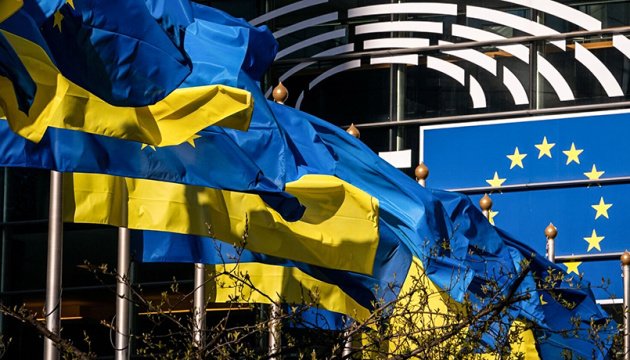
EU Council approves opening of accession negotiations with Ukraine, Moldova
The European Union Council today officially approved the mandate for EU accession negotiations with Ukraine and Moldova, which was previously agreed at the ambassadorial level, paving the way for the first intergovernmental conference to be held next Tuesday.
This was announced by the Belgian Presidency in the Council of the European Union, Ukrinform reports.
“The EU Council adopted the general EU positions, incl. negotiating frameworks, for accession negotiations with Ukraine and Moldova. This opens the way for launching the negotiations on Tuesday 25 June in Luxembourg. 15:30 - IGC with Ukraine. 18:00 - IGC with Moldova,” the post reads.
As reported, on December 14, 2023, the European Council decided to open accession negotiations with Ukraine and Moldova, Bosnia and Herzegovina and granted candidate status to Georgia.
Last Friday, June 14, EU permanent representatives agreed in principle on the negotiating frameworks for the accession negotiations of Ukraine and Moldova.
























